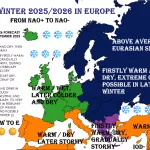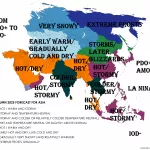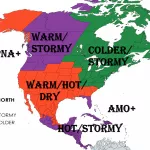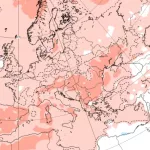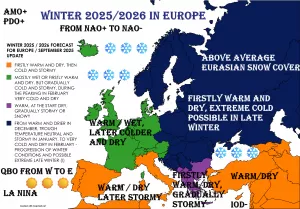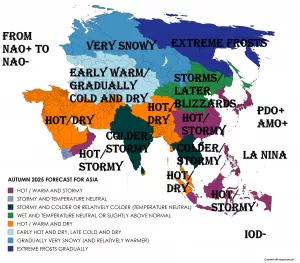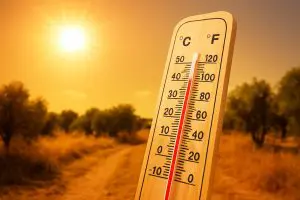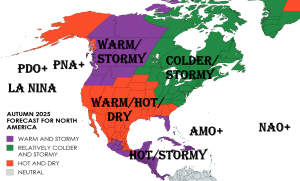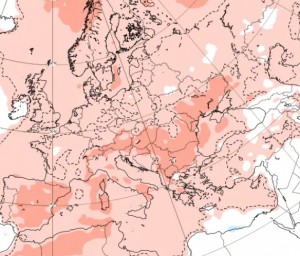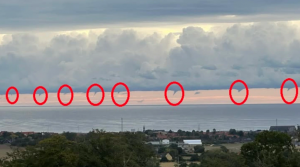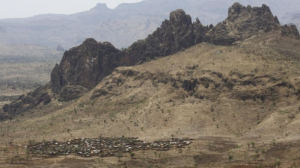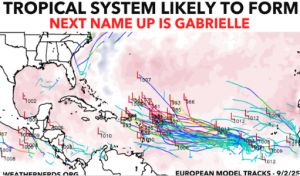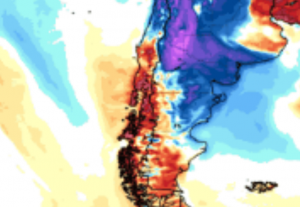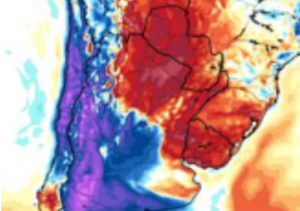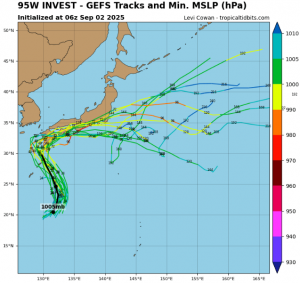
India experienced an anomalously cold and wet May 2025, defying typical pre-monsoon patterns and raising concerns about shifting climate dynamics. The India Meteorological Department (IMD) reported that Delhi recorded its wettest May on record, with 186.4 mm of rainfall—significantly surpassing the previous high of 165 mm set in 2008 . This unusual weather was attributed to a series of active western disturbances and moisture influx from the Arabian Sea, leading to cooler temperatures and increased humidity across northern India.
In Mumbai, the Colaba observatory recorded 503 mm of rainfall, breaking the previous May record of 279.4 mm set in 1918. However, the suburbs received significantly less rainfall, highlighting the localized nature of the precipitation. Experts linked this anomaly to a depression originating from the Arabian Sea, with specific wind patterns concentrating heavy rain in southern Mumbai.
In the Tricity area, which includes Chandigarh, Panchkula, and Mohali, May 2025 saw its second-highest rainfall in 13 years, with 66 mm of precipitation—191% above the monthly average. This marked a stark contrast to May 2024, which saw no rainfall at all. Meteorologists attributed the recent rainfall surge to several active western disturbances, raising concerns about broader climatic changes impacting regional weather patterns.
The early and abundant rainfall has had significant implications for agriculture, water resources, and urban infrastructure. While the precipitation is beneficial for crops like rice and sugarcane, it also poses challenges such as waterlogging, potential flooding, and disruptions to daily life. The IMD has issued alerts for various regions, urging residents to remain vigilant and prepared for continued weather fluctuations.
This unusual weather pattern underscores the need for enhanced climate monitoring and adaptive strategies to address the increasing unpredictability of seasonal weather in India.

Illustration picture: https://www.experiencetravelgroup.com/blog/monsoon-season-india/

